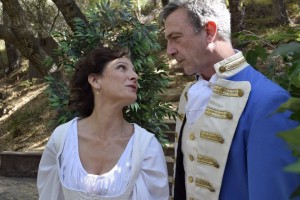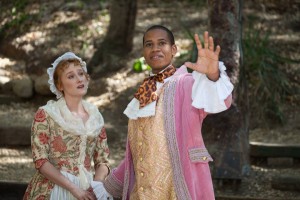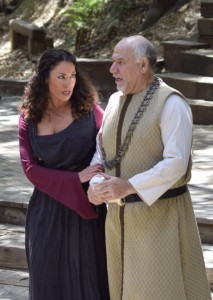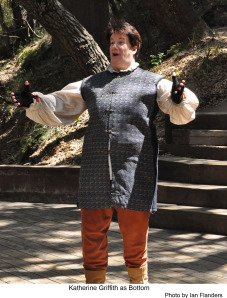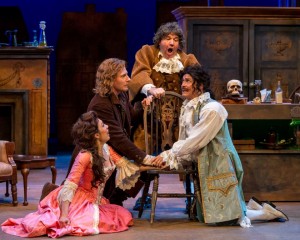Season Finale of “All Rise” vs ZOOM Play “What Do We Need To Talk About?”
By Katherine James
Normally I wouldn’t be comparing a television series to a stage play.
But we aren’t living in normal times, are we?
From both my point of view as a theatre person and my point of view as a trial consultant I am spending a ton of time in the brave new virtual world of ZOOM.
I’ve been preparing witnesses virtually for almost 10 years – so the format is really familiar as I continue that part of my world. What is completely unfamiliar is working in the live theatre via ZOOM. At this point I’ve had one of my plays as a playwright read, I’ve participated as an actor in several plays, and I’ve directed a few plays. The only thing that I’ve participated in that was specifically written for ZOOM was a monologue I directed.
Frankly, until Richard Nelson’s brilliant What Do We Need To Talk About? ZOOM as a vehicle for live performance was leaving me fairly bereft. But count on The Public Theater to break ground in this brave new world. And doubly count on playwright Richard Nelson to find a brave new approach to make this “way” of experiencing the theatre elevated. The good news is, you can experience this production through June on YouTube.
The play centers around The Apple Family. Nelson has written about The Apples before – four other times. So he is more than familiar with the characters and their relationships and what he has chosen to say about who we are as America through these voices. He has an uncanny ability to make this play feel as flawlessly “real” as our own ZOOM conversations today with our own family members and friends. His deeper themes pulsate through to us as viewers/participants in the Apple Family’s ZOOM gathering: isolation, familial ties that bind and strangle, and loving one another through crisis. through crisis.
Yep, genius.
On the other hand…the season finale of CBS’ television series All Rise suffers from the same issues that play readings of stage plays suffer on ZOOM. Now, maybe All Rise wasn’t your favorite courtroom drama of this or any other season. Mine, either. That sort of hollow banter-filled dialogue with odd humorous moments that must have struck someone as being funny in a writer’s room always make me want to spend my time “elsewhere”. What was really sad to me was that instead of attempting a brave new look at character, plot, and drama through these little screens on the big screen, All Rise tried to replicate what they would have done with the script they had in a can if they were shooting it on soundstages and on location. Only all the actors were home alone in their individual quarantined worlds with a lot of odd backgrounds over green screen. And bizarre broken rules of “how it works” with screens popping in and out almost at will… when we all know that if I don’t connect with you, you aren’t invading my world.
It was while watching this painful television episode that I realized that Richard Nelson is really a genius. Like a television series, The Apple Family plays are a series of plays. So I’m comparing two very similar challenges.
Like in a the familiar “world” that is created in a television series, Richard Nelson envisioned revisiting The Apple Family on a stage – a very familiar world to him at that point and to everyone involved with his series of plays. Certainly no less “set in cement” than a smoothly-running television series.
But Nelson, The Public, and everyone involved with this one glimpse of The Apple Family was able to throw themselves fully into ZOOM as a creative medium.
All Rise never stopped trying to adapt what they had to the limitations of ZOOM. It reminded me of my own play being read via ZOOM. My play suffered from actors not being able to be in the same room, look one another straight in the eye, play off the laughs of the live audience, feel that collective heartbeat that happens even in “just a reading” when everyone experiences the same moment in time.
I would love to see All Rise really attempt a ZOOM episode. But for now, I’d encourage you to skip watching this one. But run, do not walk, to your television set to experience What Do We Need To Talk About?.

